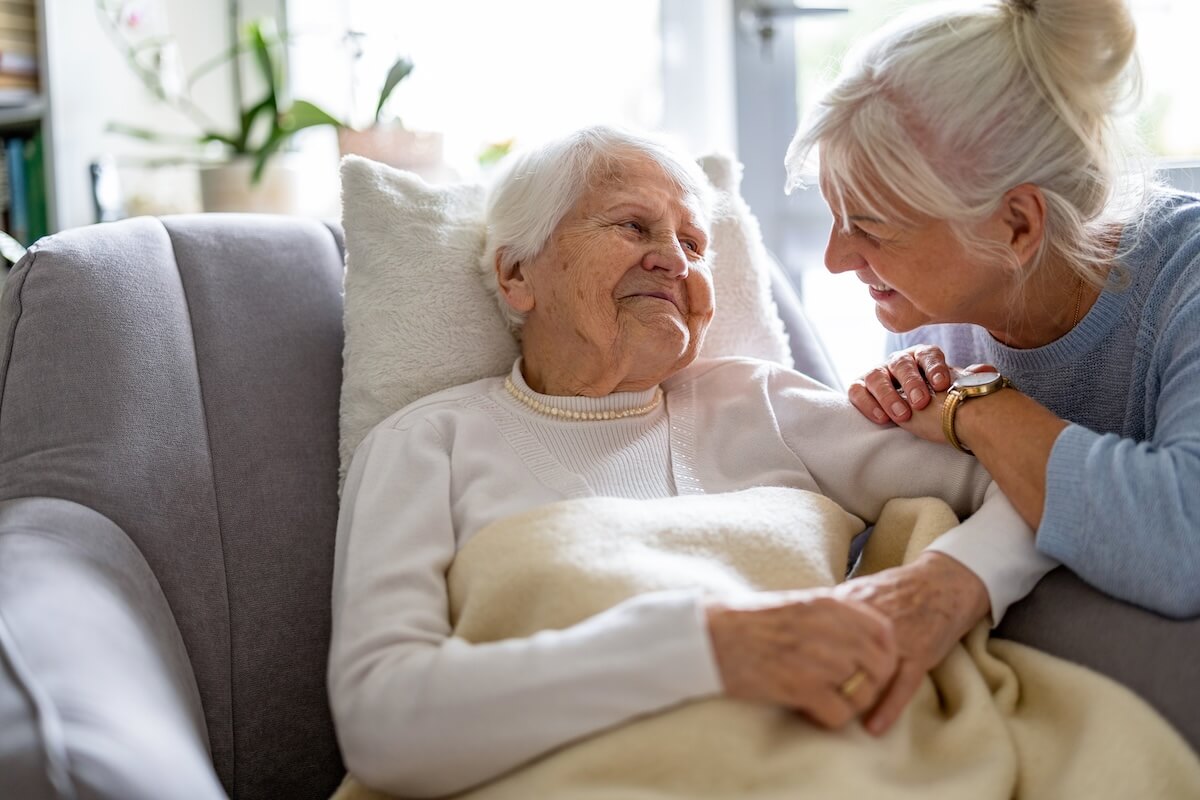Recovery is rarely a solo journey. Whether someone you love is recovering from surgery, an illness, or an extended hospital stay, having family and friends by their side can make a meaningful difference. Support from the people they trust most provides emotional comfort, practical help, and motivation when they need it most.
At CareOne, we’ve seen how consistent family support in recovery strengthens outcomes, lifts spirits, and helps individuals feel more confident during every stage of healing. When senior care teams and families in New Jersey, Massachusetts, Pennsylvania, and Connecticut work together, the recovery process becomes smoother and more positive.
Why Family Involvement Matters
Studies have shown that family support in recovery improves treatment participation, increases motivation, and often leads to more sustainable outcomes. Even with expert clinical care, recovery can bring moments of doubt and discouragement. Pain, fatigue, and fear of setbacks are common experiences. When family members stay involved, they help alleviate the emotional strain and encourage their loved one to remain engaged in the process.
Small gestures have a big impact. Whether it is joining your family member for a therapy session, cheering them on during a walk, or simply sitting beside them during lunch, your presence sends a powerful message: you are not alone.
How to Stay Involved
You do not need medical training to be an active part of your family member’s recovery. What matters most is being present, supportive, and informed. Here are a few ways you can make a difference:
- Attend care plan meetings when invited
- Help manage medication reminders and therapy appointments
- Keep your family member engaged with uplifting conversations and encouragement
- Create a supportive environment during visits
- Ask the care team how you can help reinforce recovery goals at home
By working alongside nurses, therapists, and physicians, you help create a care team that surrounds your family member with both expertise and compassion.
Supporting Emotional Healing
Recovery involves more than regaining strength or mobility. It also involves adapting to change, managing fear, and restoring confidence. You may notice your family member experiencing frustration, sadness, or moments of withdrawal. These emotional responses are normal and expected.
One of the best ways to support their emotional recovery is to listen. Let them share how they are feeling without trying to fix everything right away. Offer reassurance, reflect on how far they have come, and celebrate even the smallest milestones.
Your steady presence can be a source of calm in a season that feels uncertain. Simply showing up consistently can be as powerful as any medical intervention.
Encourage Independence While Offering Support
Recovery often involves relearning how to do things for oneself. It can be tempting to step in and do everything for someone you love, especially when you want to help. However, encouraging your family member to take small, manageable steps toward independence is part of the healing process.
Give them space to try tasks on their own while offering backup when needed. Praise progress rather than focusing on setbacks. These choices build confidence and promote long-term recovery.
Balancing support with independence takes time and communication. CareOne’s senior care teams in New Jersey, Massachusetts, Pennsylvania, and Connecticut are here to guide you through that balance and provide insight into what is most helpful during each phase of recovery.
Planning for What Comes Next
As your family member begins to regain strength and stability, the next step may involve returning home or transitioning to another level of care. This stage can feel uncertain, but with the right preparation, it can also be empowering.
Ask questions about discharge planning, follow-up care, and what resources are available to support continued progress. Some individuals may benefit from outpatient therapy, home modifications, or temporary in-home care.
CareOne partners closely with families to ensure a smooth transition and ongoing progress long after the initial recovery period. You are never expected to navigate these decisions alone.
The Power of Walking the Path Together
Family support in recovery is a powerful force. Your involvement brings hope, encouragement, and a sense of normalcy to a time that may feel unfamiliar. It is not about doing everything perfectly. It is about showing up, asking questions, and offering steady support when it is needed most.
At CareOne, we believe recovery is strongest when it is rooted in connection. Our team is here to walk beside you and your family, offering the guidance, care, and resources you need to move forward with confidence. Contact us today to learn more about our senior care services in New Jersey, Massachusetts, and Connecticut.
